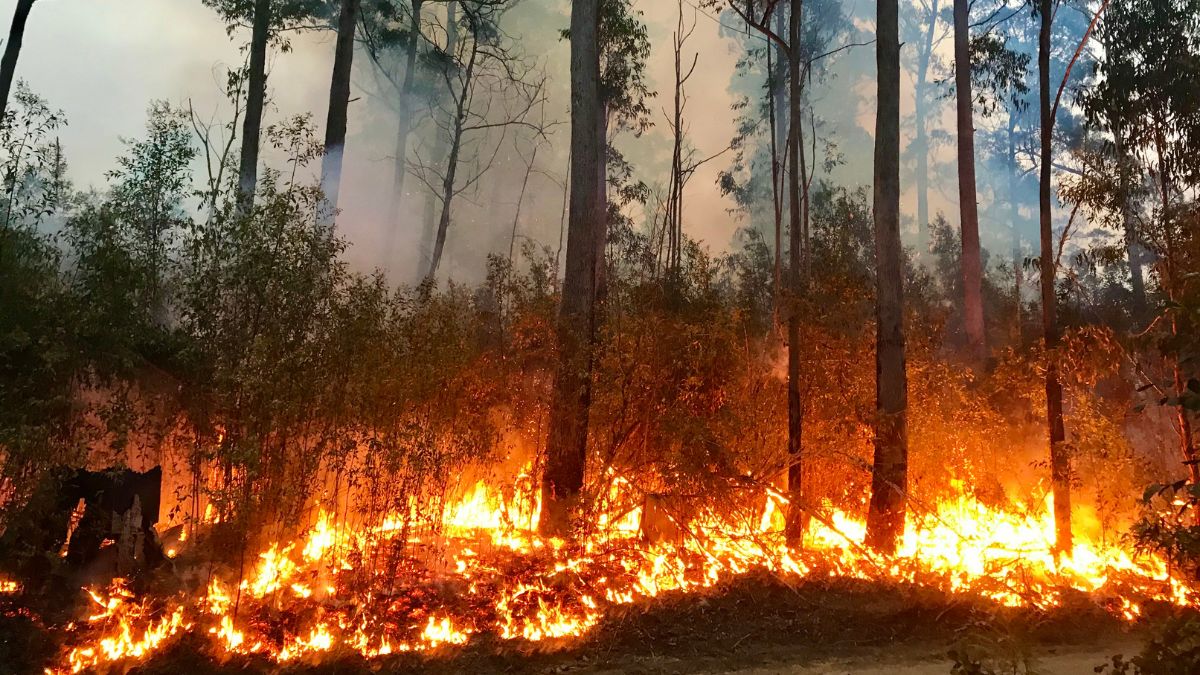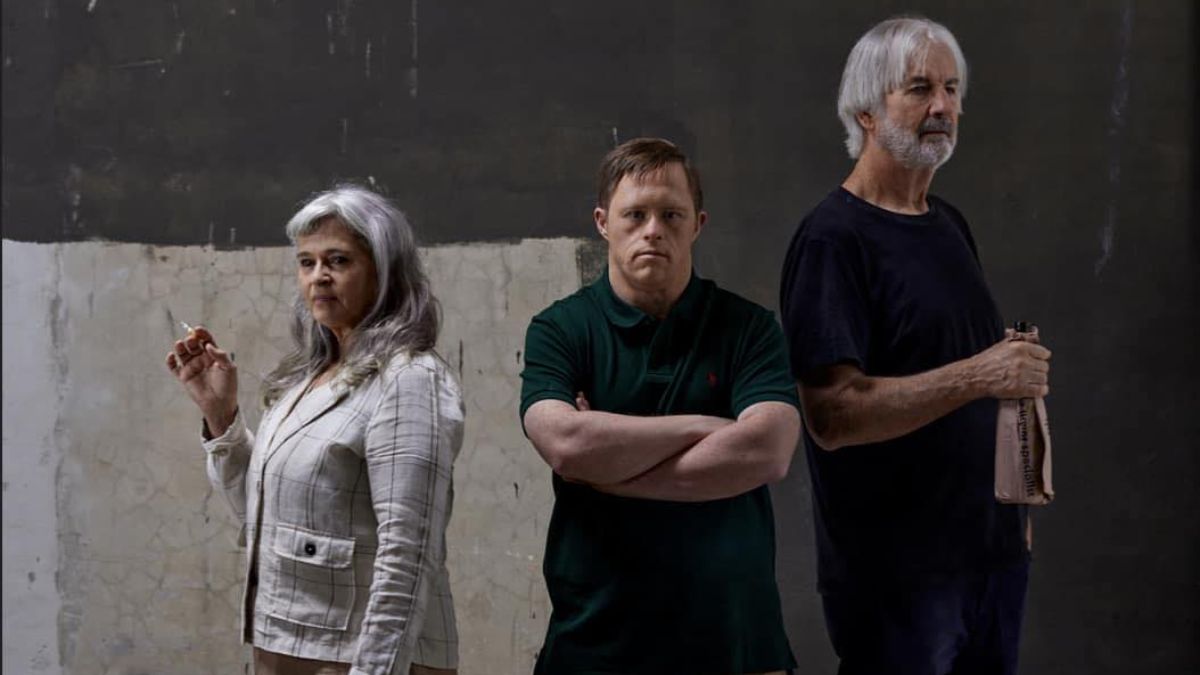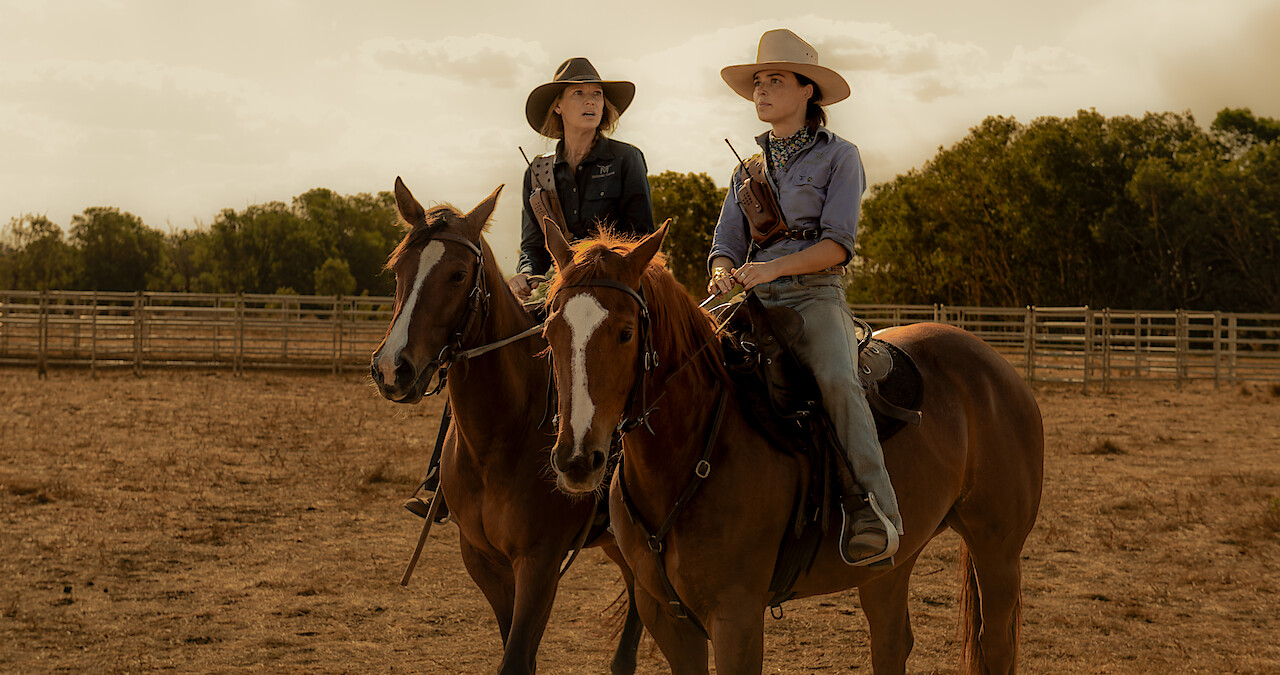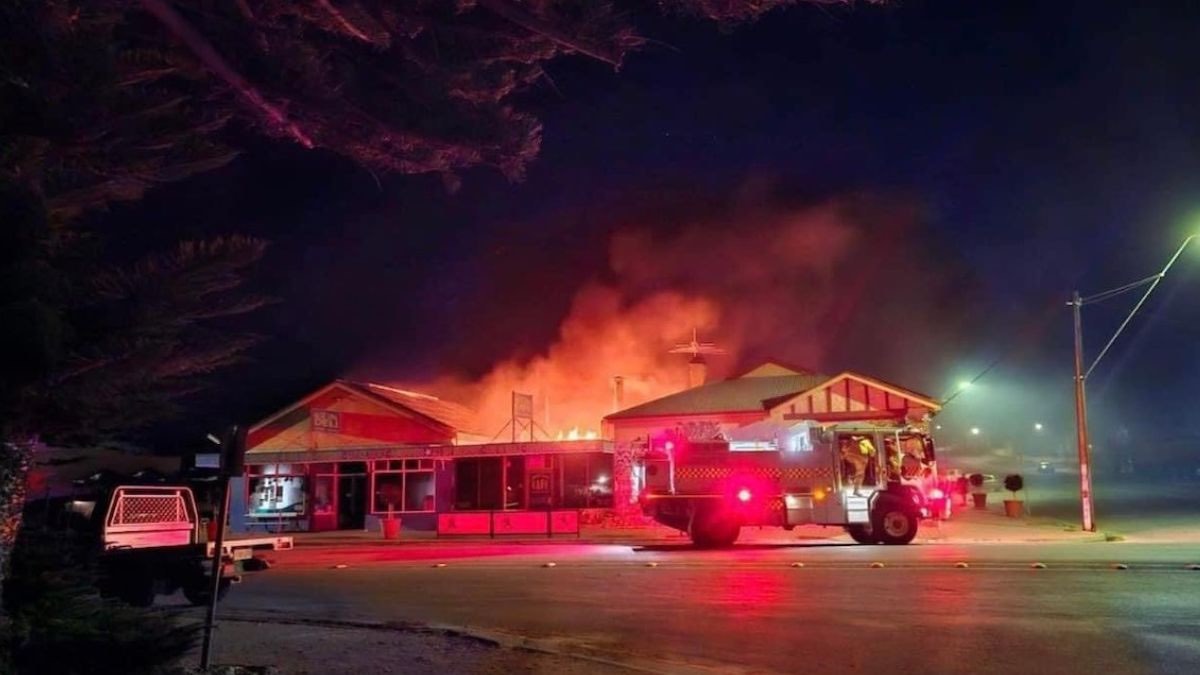We hear it every year, but how many of us have an Emergency Plan? If you’re anything like me, you have a “bit of a plan’ – a box with the essentials that sits in the hallway and a vague idea of what we would do if a fire were near, but is that really good enough? According to the experts, it’s far from it.
Living in regional and rural South Australia with a hot summer approaching is enough to put the wind-up anyone, and those who have experienced fire firsthand are aware of how fast and furious devastation can hit. To add insult to injury, we are experiencing ‘El-Nino’, which means we’re in for higher temperatures, reduced rainfall, and drier vegetation – perfect fire conditions.
The Red Cross has seen the impact that fire has on people, families, and communities. They are passionate about helping us all become “Emergency Ready”. Let’s dive into some essential tips to keep you informed, organised, and ready for an emergency.
Understanding Stress
Emergencies can be incredibly stressful, so it’s essential to have strategies in place to cope. Start by listing things that might cause stress, such as being separated from family or the noise of the wind. Recognise your personal reactions, try to develop coping mechanisms, and have processes in place so that you have the support you need when an emergency hits.
Know Your Hazards
Awareness is everything. Understand the potential hazards in your area, especially in South Australia during the summer. This includes fires, floods, heatwaves, storms, power outages, and medical emergencies. Familiarise yourself and your family members with emergency contacts like Triple Zero (000), SES (132 500), Poisons Information Line (13 11 26), and Lifeline (13 11 14).
Stay Informed
Knowledge is power! Know where to get information—ABC is the official emergency broadcaster. It will provide essential up-to-date information, including advice from authorities and support available. You can find your radio frequency at ABC Local Radio.
You can also subscribe to ABC Emergency on Twitter or Facebook for updates from authorities and emergency services.
Connect with your community – if you don’t know your neighbours, this is the perfect time to borrow a cup of sugar. They could be your lifeline when you need it the most.
Build a Support Network:
Identify key people—friends, family, or neighbors—who you can rely on in an emergency. Agree on meeting places, both within and outside your neighborhood. Being separated from friends and loved ones is one of the most stressful things a person can go through in an emergency. It is easily avoidable with a bit of forward planning.
Get Organised
Update your insurance for health, pets, household, and income protection. Store essential documents (passports, wills, licences, etc.) in a secure place outside your home. There is a fast, easy, and secure way to prove who you are by downloading the free Australia Post Digital iD app for quick access to crucial documents.
Plan for Pets and Livestock
Consider the needs of your animals during emergencies. Plan for a week’s worth of food and medication. Having a strategy in place in case you can’t make it home can prevent risky situations. People have lost their lives going home to get their animals. Knowing they are safe during and after an emergency can reduce your stress and save your life.
For Parents of Babies and Young Children
Ensure essentials are packed, including copies of important documents, formula, medications, and favourite toys. Be mindful of the unique needs of infants during evacuations.
Identify Items of Sentimental Value
Think about the important items in your life that would cause distress if they were lost and ask each of the family to identify theirs. Make a list of where each of these items are. Make copies and take photos of them too. This saves precious time and takes away the need to think when you’re rushed.
Get Packing
Pack essential items suggested by the Red Cross, including food and water, clothing, sunscreen, torches, batteries, mobile phones, chargers, first aid kits and essentials for pets and babies. Identify and pack items that hold special meaning and help re-establish yourself if you lose everything.
Being emergency-ready involves both mental preparation and practical steps. By understanding the potential situations, building a support network, and organising essential items, you can navigate emergencies with more confidence.
Get Prepared App
Co-created by the Australian Red Cross and NRMA Insurance, the aptly named ‘Get Prepared’ app is easy to use and empowers you to make important decisions ahead of time by completing your RediPlan. By helping create a personal emergency plan, you are ensured to take care of yourself, your loved ones, and what’s important to you. You can find out more about the app here.
For more practical help and resources to use before, during, and after emergencies click here.









